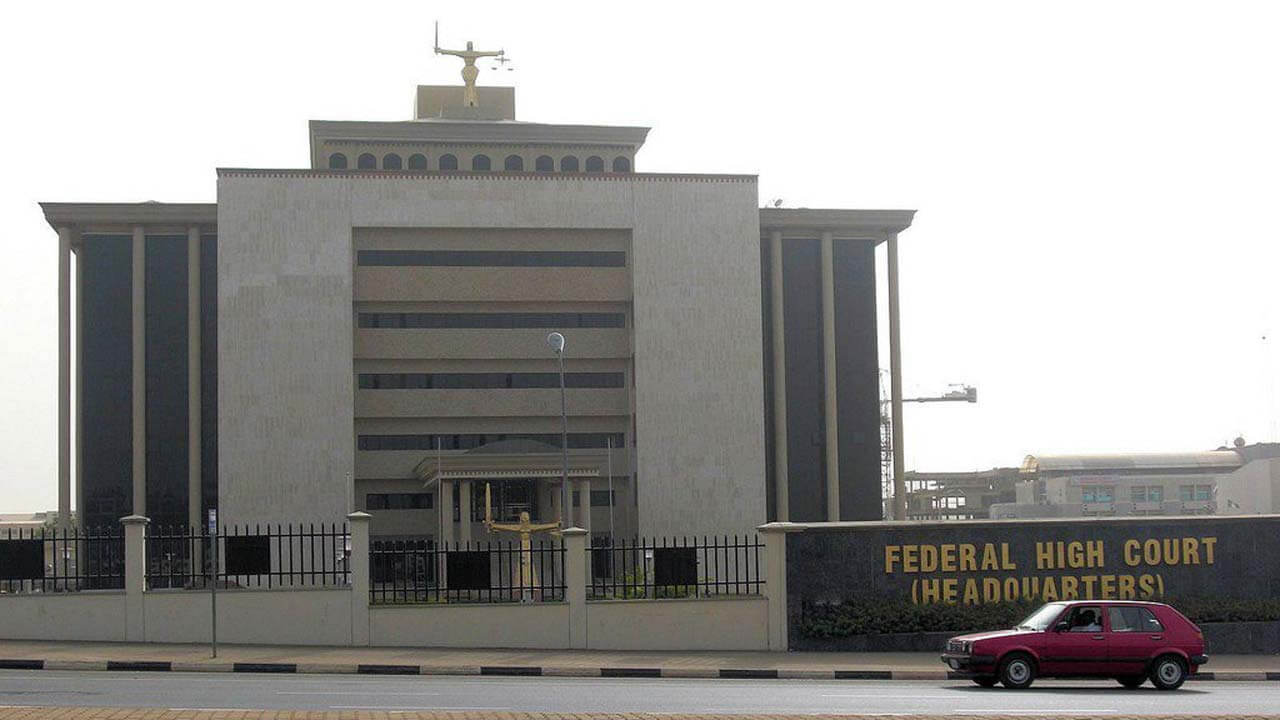
High Court in Nigeria Orders Banks to Unfreeze All Activists’ Accounts
The High Court in Nigeria has ordered the authorities to unfreeze the bank accounts of 20 people linked to last October’s protests against police brutality.
The Central Bank initially said the accounts had been frozen because it was investigating their owners.
Government critics saw the move as intimidator and aimed at preventing further demonstrations.
A lawyer, Femi Falana, said he’d been instructed by his clients to sue the Central Bank of Nigeria.
There are renewed calls for people to take to the streets this Saturday to demand justice after the security forces opened fire on people in Lagos in October – an event that abruptly ended the protests.
A week after the US advised against all travel to Tanzania its embassy in the East African country has said it is “aware of a significant number of Covid-19 cases since January 2021”.
Mitigation and prevention measures against the virus remained limited, a statement from the embassy said.
It warned that Tanzania’s health facilities could be quickly overwhelmed if the situation continued.
Tanzania is one of the few countries in the world to not publish any data on Covid-19 cases – last doing so in May.
A month later, President John Magufuli declared the country to be “coronavirus-free”.
Yet the authorities have continued to give mixed messages about the virus.
Last week the health minister recommended a vegetable smoothie and steam inhalation as a way of prevention.
This came a few days after Mr Magufuli had warned officials against importing Covid-19 vaccines saying they could harm people, without giving evidence.
In another development, officials have dismissed allegations made by The Open University of Tanzania that coronavirus is “spreading fast” in the country.
The institution’s administrators had breached health protocols and had expressed a personal opinion, the education minister said in a statement.

